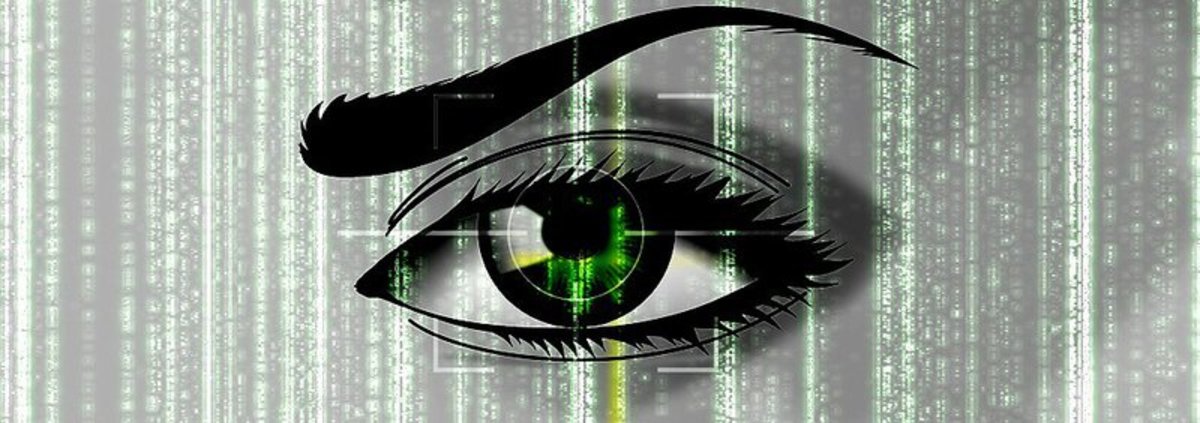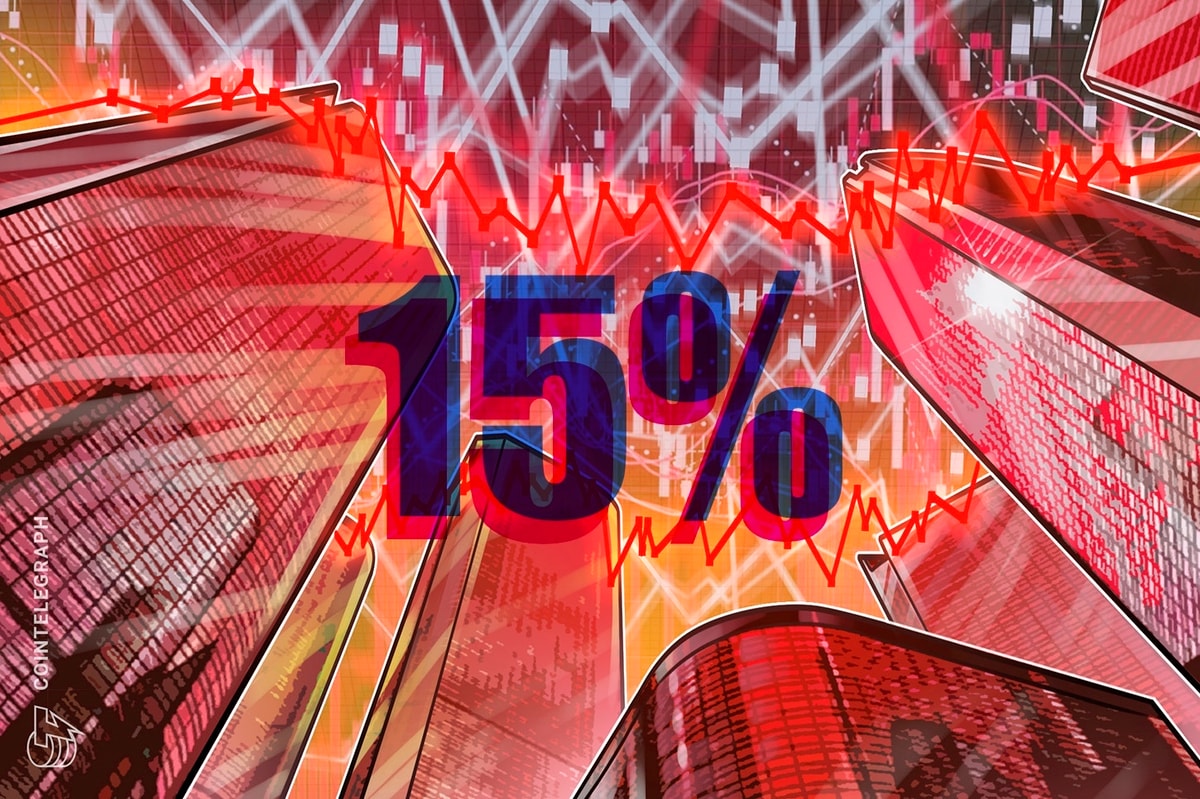
An anonymous Reddit user who self-identifies as bank employee posted a warning saying that his bank received a memo from the national financial institute, with instructions to report anyone who receives more than €1,000 that may be linked to Bitcoin.The five-page memo outlines how surveillance works, how the network is monitored and says that some bitcoin exchanges have been unwilling to cooperate with the authorities. The memo is accompanied by a report, issued by E.U. law enforcement agency Europol, stating that 84 accounts in the country (which hasn’t been disclosed) have been flagged as suspect, and 52 are under surveillance and investigation.The poster says that an earlier related report from the national financial institute is available online.
The report is in Dutch and was released on May 21, 2015 by the Dutch Financial Intelligence Unit (FIU) -- which likely implies that the undisclosed country is The Netherlands.The report mentions that bitcoin is used by technology enthusiasts and speculators, but also by criminals who use the digital currency to fund illicit activities and launder money. The report mentions terrorism and child pornography. In 2014 the FIU investigated 75 cases in which bitcoin plays an important role. The results, which led to new investigations, have been shared with foreign financial intelligence units.The poster says that the bank received a list of IBAN accounts that are already constantly monitored because they belong to high-volume traders and exchanges such as Kraken, Bitstamp and BitcoinD.
The bank has to report any transfer above €1,000 that involves those accounts. The bank must also report accounts that receive more than €10,500 per year (outside of salary) if it suspects that the funds originate from bitcoin exchanges.Of course, anonymous reports should always been taken with a grain of salt, but this warning is substantiated by the openly available report by the Dutch FIU, and it makes sense. Now that governments have taken notice of the fact that bitcoin exists and is used by the people, it seems evident that they are trying, or will try, to force the banks to monitor and report transactions to and from bitcoin exchanges, as well as any other transactions that may be linked to bitcoin.
The stated objective of the governments is to fight money laundering and organized crime, and of course they use hot trigger words such as “terrorism” or “child pornography” to persuade the citizens that what they do is right. Almost everyone hates terrorism and child porn, and most people don’t condone money laundering and large-scale tax evasion. But it seems odd that relatively small transfers of €1,000 should be considered suspect.All bitcoin users should know that if they transfer more than €1,000 to or from a bitcoin exchange they could be investigated or monitored. That’s likely to annoy those who are paid in bitcoin (for perfectly legitimate work) and must cash out to pay bills and buy food.
A good way to avoid surveillance, which is becoming easier, is to pay directly in bitcoin for goods and services wherever possible.










